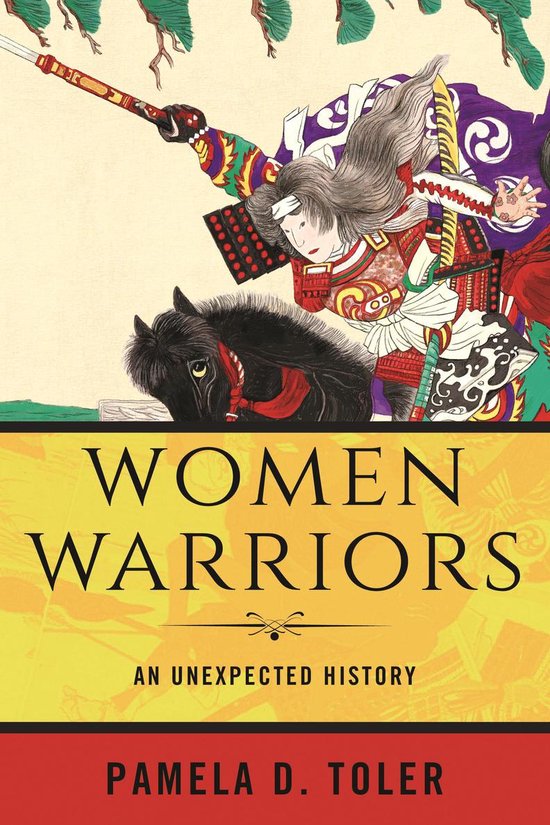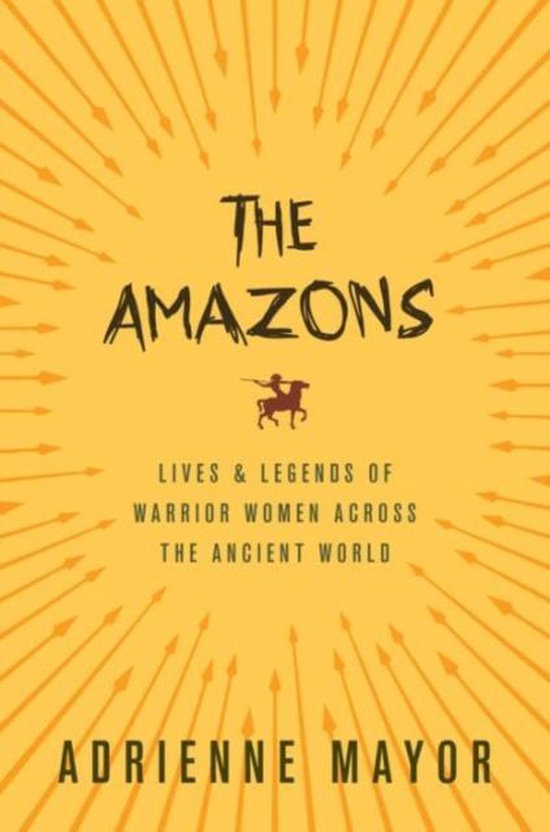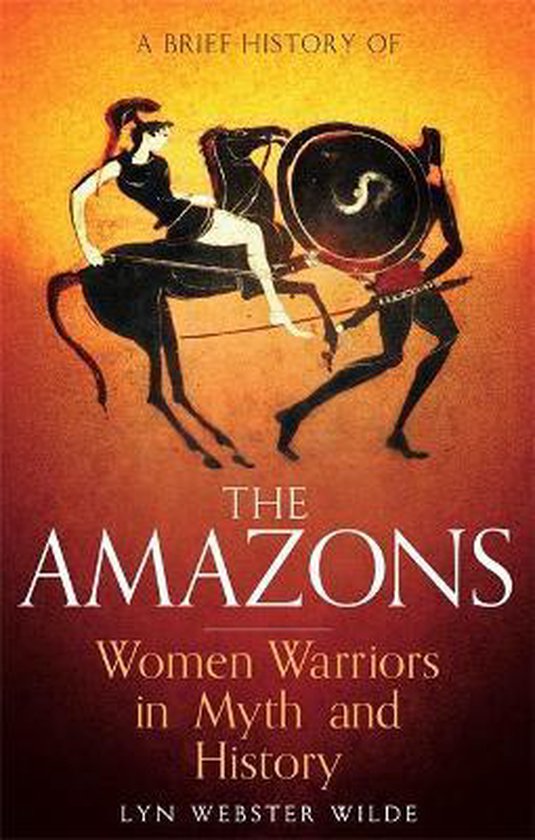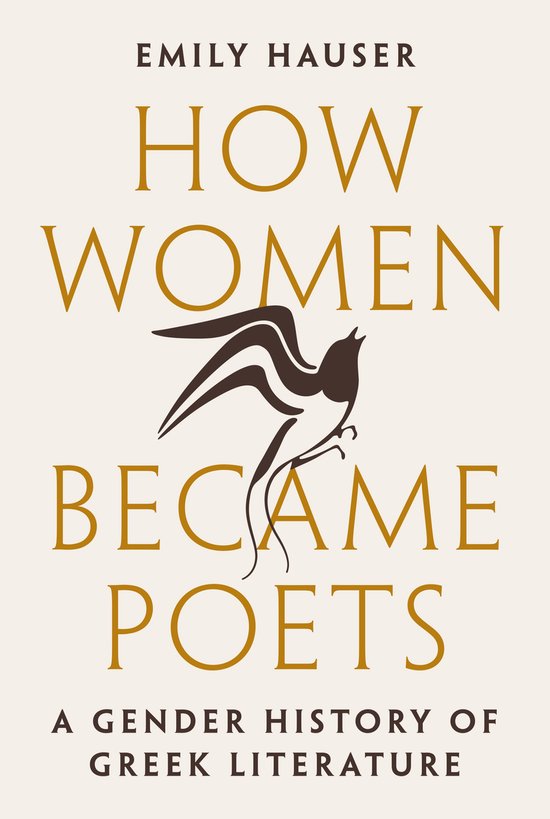
Women Warriors An Unexpected History
Who says women dont go to war? From Vikings and African queens to cross-dressing military doctors and WWII Russian fighter pilots, these are the stories of women for whom battle was not a metaphor.
The woman warrior is always cast as an anomalyJoan of Arc, not GI Jane. But women, it turns out, have always gone to war. In this fascinating and lively world history, Pamela Toler not only introduces us to women who took up arms, she also shows why they did it and what happened when they stepped out of their traditional female roles to take on other identities.
These are the stories of women who fought because they wanted to, because they had to, or because they could. Among the warriors youll meet are:
* Tomyris, ruler of the Massagetae, who killed Cyrus the Great of Persia when he sought to invade her lands
* The West African ruler Amina of Hausa, who led her warriors in a campaign of territorial expansion for more than 30 years
* Boudica, who led the Celtic tribes of Britain into a massive rebellion against the Roman Empire to avenge the rapes of her daughters
* The Trung sisters, Trung Trac and Trung Nhi, who led an untrained army of 80,000 troops to drive the Chinese empire out of Vietnam
* The Joshigun, a group of 30 combat-trained Japanese women who fought against the forces of the Meiji emperor in the late 19th century
* Lakshmi Bai, Rani of Jhansi, who was regarded as the bravest and best military leader in the 1857 Indian Mutiny against British rule
* Maria Bochkareva, who commanded Russias first all-female battalionthe First Womens Battalion of Deathduring WWII
* Buffalo Calf Road Woman, the Cheyenne warrior who knocked General Custer off his horse at the Battle of Little Bighorn
* Juana Azurduy de Padilla, a mestiza warrior who fought in at least 16 major battles against colonizers of Latin America and who is a national hero in Bolivia and Argentina today
* And many more spanning from ancient times through the 20th century.
By considering the ways in which their presence has been erased from history, Toler reveals that women have always foughtnot in spite of being women but because they are women.
The woman warrior is always cast as an anomalyJoan of Arc, not GI Jane. But women, it turns out, have always gone to war. In this fascinating and lively world history, Pamela Toler not only introduces us to women who took up arms, she also shows why they did it and what happened when they stepped out of their traditional female roles to take on other identities.
These are the stories of women who fought because they wanted to, because they had to, or because they could. Among the warriors youll meet are:
* Tomyris, ruler of the Massagetae, who killed Cyrus the Great of Persia when he sought to invade her lands
* The West African ruler Amina of Hausa, who led her warriors in a campaign of territorial expansion for more than 30 years
* Boudica, who led the Celtic tribes of Britain into a massive rebellion against the Roman Empire to avenge the rapes of her daughters
* The Trung sisters, Trung Trac and Trung Nhi, who led an untrained army of 80,000 troops to drive the Chinese empire out of Vietnam
* The Joshigun, a group of 30 combat-trained Japanese women who fought against the forces of the Meiji emperor in the late 19th century
* Lakshmi Bai, Rani of Jhansi, who was regarded as the bravest and best military leader in the 1857 Indian Mutiny against British rule
* Maria Bochkareva, who commanded Russias first all-female battalionthe First Womens Battalion of Deathduring WWII
* Buffalo Calf Road Woman, the Cheyenne warrior who knocked General Custer off his horse at the Battle of Little Bighorn
* Juana Azurduy de Padilla, a mestiza warrior who fought in at least 16 major battles against colonizers of Latin America and who is a national hero in Bolivia and Argentina today
* And many more spanning from ancient times through the 20th century.
By considering the ways in which their presence has been erased from history, Toler reveals that women have always foughtnot in spite of being women but because they are women.
| Auteur | | Pamela D. Toler |
| Taal | | Engels |
| Type | | Paperback |
| Categorie | | Mens & Maatschappij |




